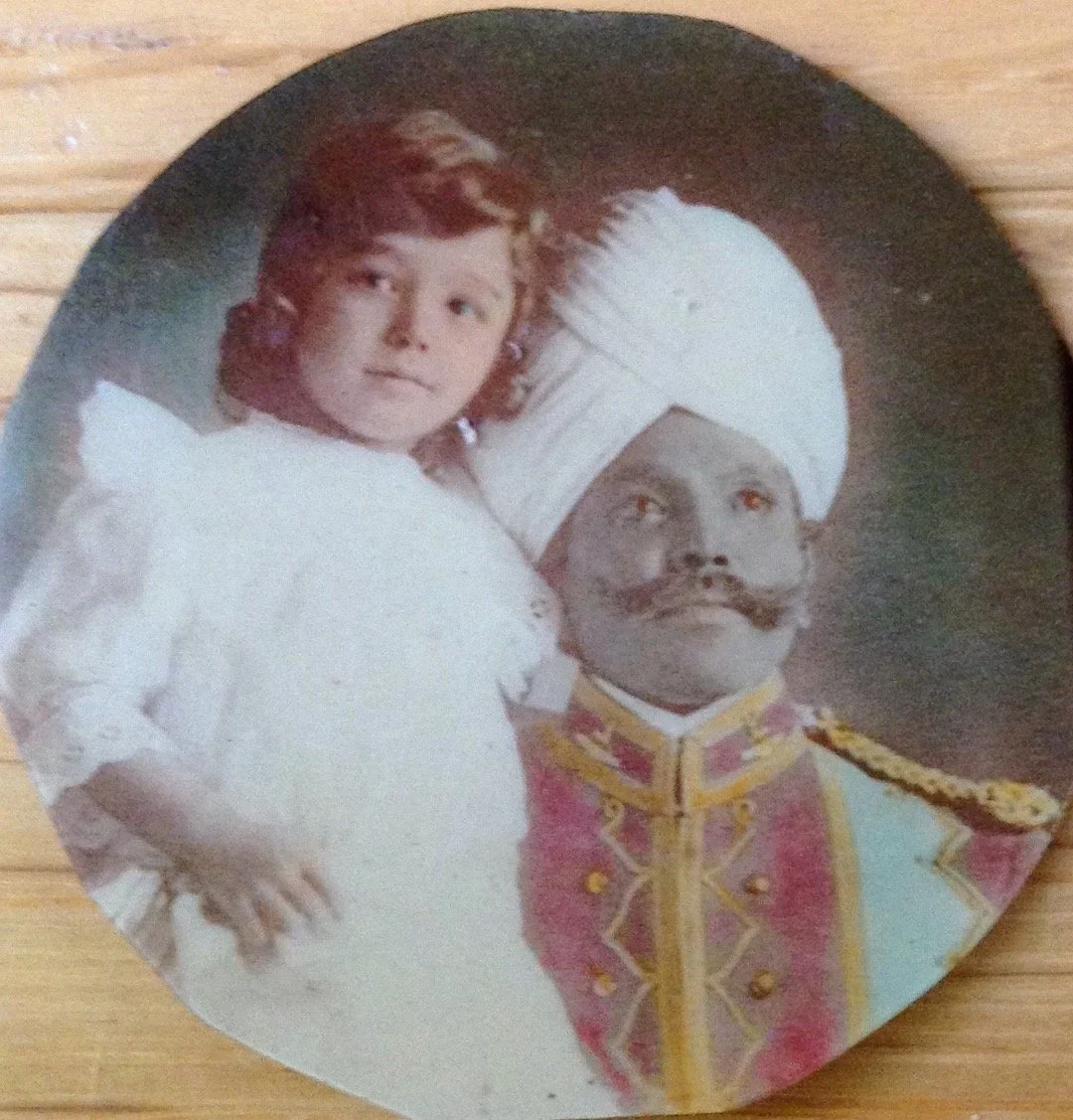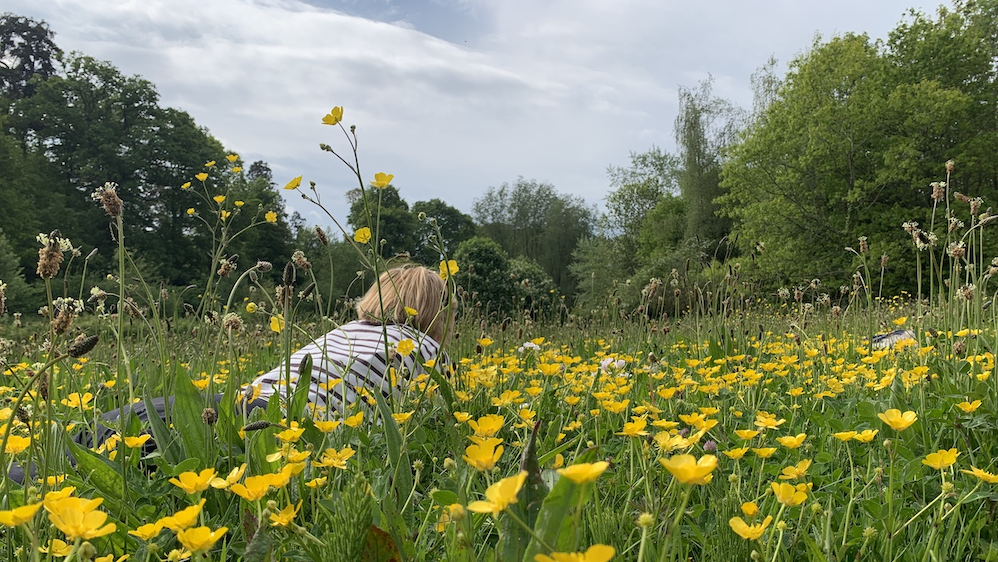Writing from the edges - creative nonfiction, poetry and performance
Hello, I’m Ysella, a writer, poet and performer based near Exeter in Devon.
My work explores identity, belonging and our connection to place, often writing from the edges and seeking connection in the in-between.
You’ll find my creative nonfiction in journals like Caught by the River and Little Toller’s The Clearing and my poetry in journals like Spelt, Ink Sweat & Tears, Brittle Star, and Iamb. You can catch me reading out loud from time-to-time across the glorious South West.
Recently, with the help of Literature Works’ Seed Bed funding I created a community poem celebrating our connection to each other and the natural world.
I’m currently developing an Arts Council England–funded writing project exploring migration, ecology, land and belonging. You can read an essay connected to this in The Clearing.
My Work
Performance
Spoken word, readings, live events
Creative nonfiction
Essays exploring belonging, identity and place
Poetry
Creative connections with people and place





